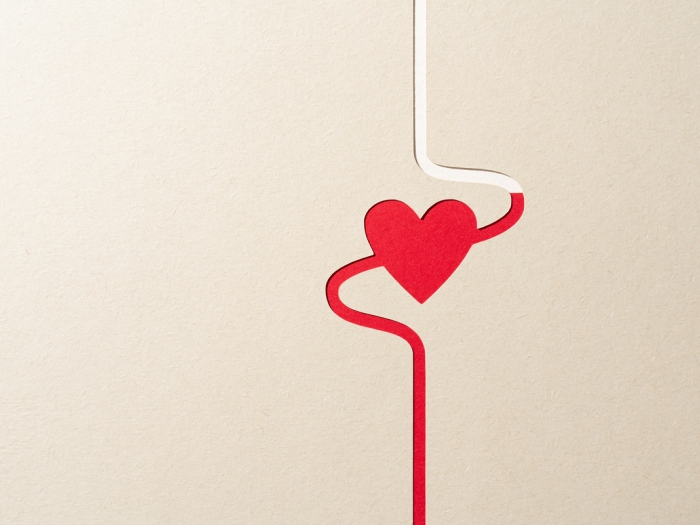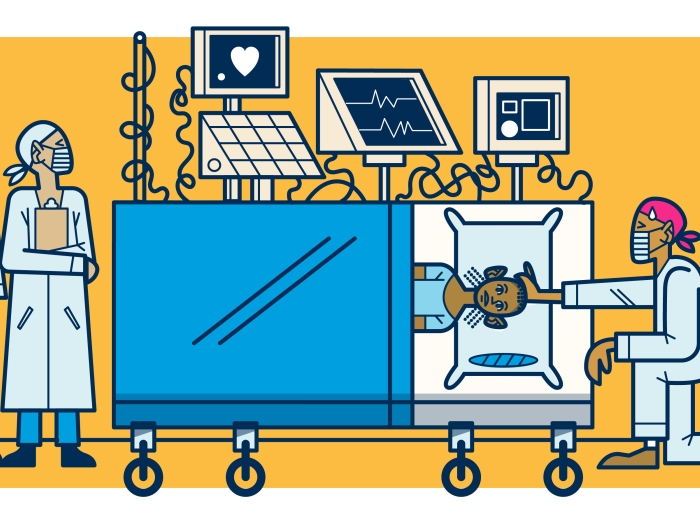Showing 1-7 of 7 results

Health Lab
A research team, led by Michigan Medicine and in partnership with Hurley Medical Center, finds that nearly three-quarters of patients at a clinic in Flint, Mich., a community that is predominantly Black and socioeconomically disadvantaged, had neuropathy — of which 75% was undiagnosed.

Health Lab
Researchers improved memory and reduced neuroinflammation in a mouse model of Alzheimer’s Disease, suggesting another avenue for potential treatment.

Health Lab
A Michigan Medicine study finds that storing chemicals in a garage at home may associate with an increased risk of ALS.

Health Lab
Sudden cardiac arrest in young athletes: 5 things parents should know

Health Lab
University of Michigan researchers found that the overproduction of neutrophil extracellular traps is an important contributing factor to vascular dysfunction in diabetes.

Health Lab
Michigan Medicine researchers are examining whether ginger supplements could help treat symptoms in autoimmune diseases

Health Lab
Children who experience cardiac arrest are one and a half times more likely to survive at a hospital capable of providing the life support system called ECMO, research suggests. But the reason behind better outcomes may have less to do with being saved by the heart and lung support machine itself and more to do with the care team structure at hospitals capable of ECM0, suggests the findings in Resuscitation.